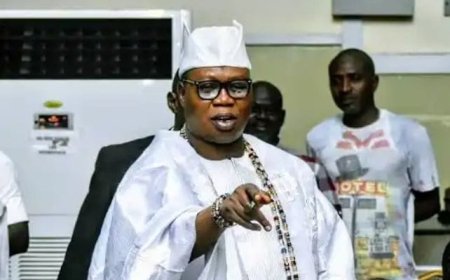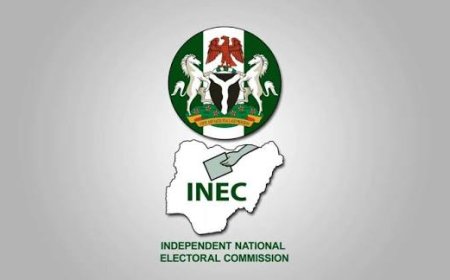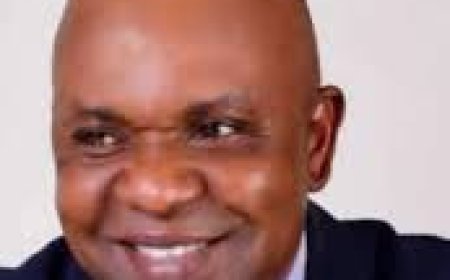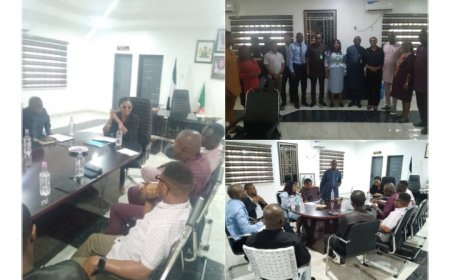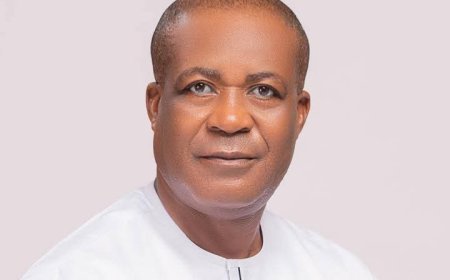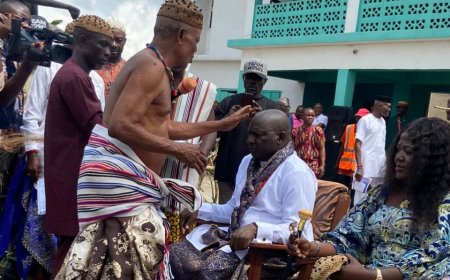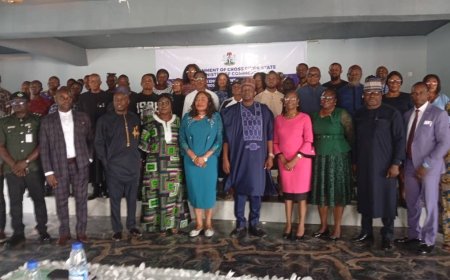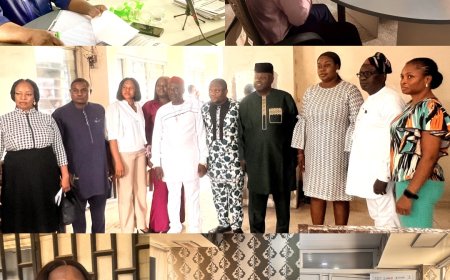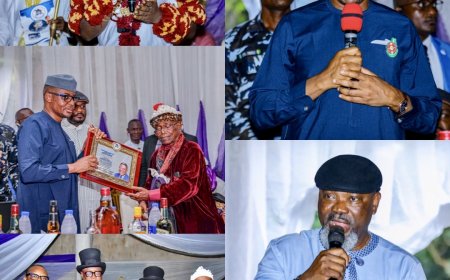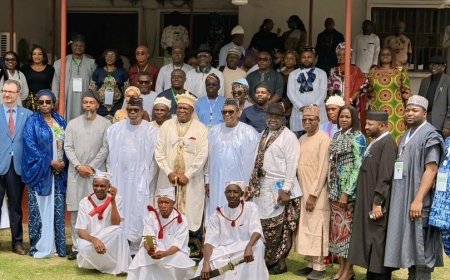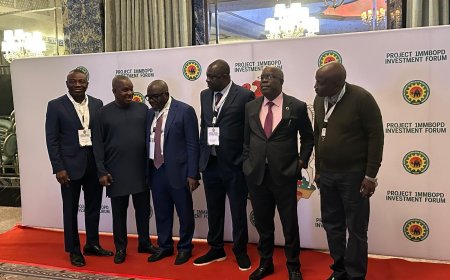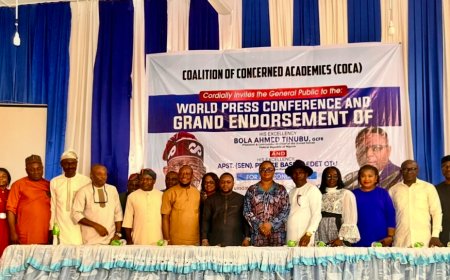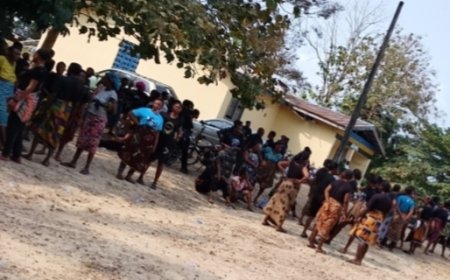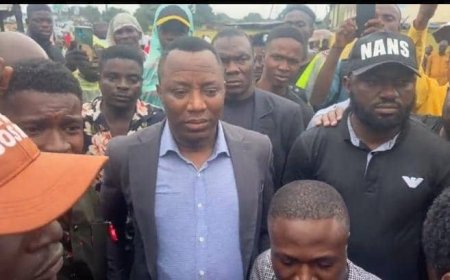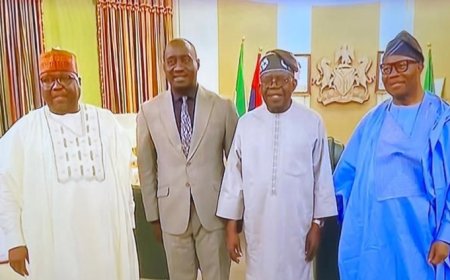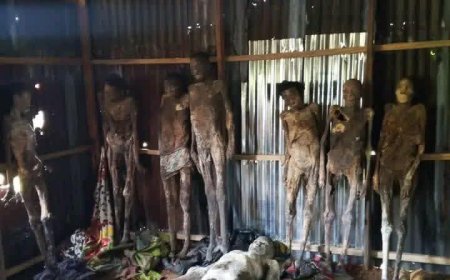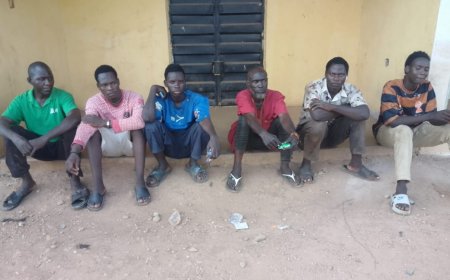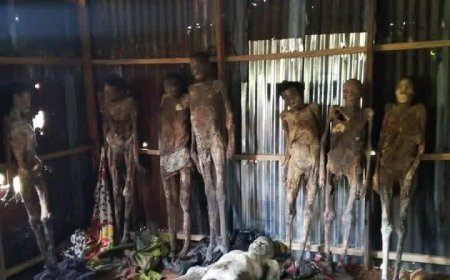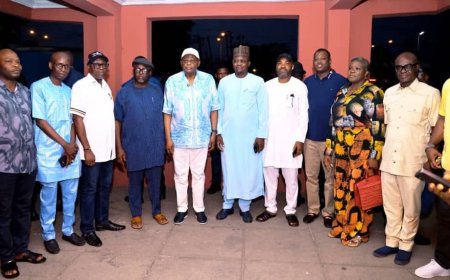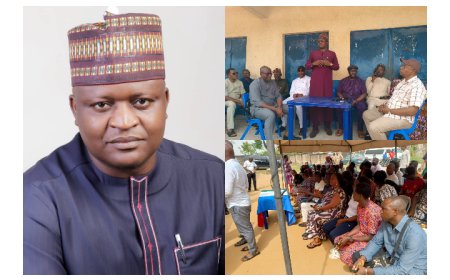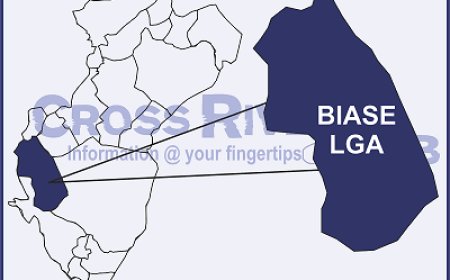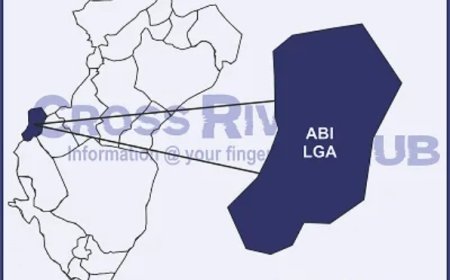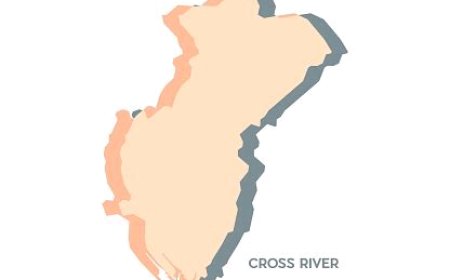Boki: Forgotten Land Waiting for Its Turn in Cross River’s Development Story
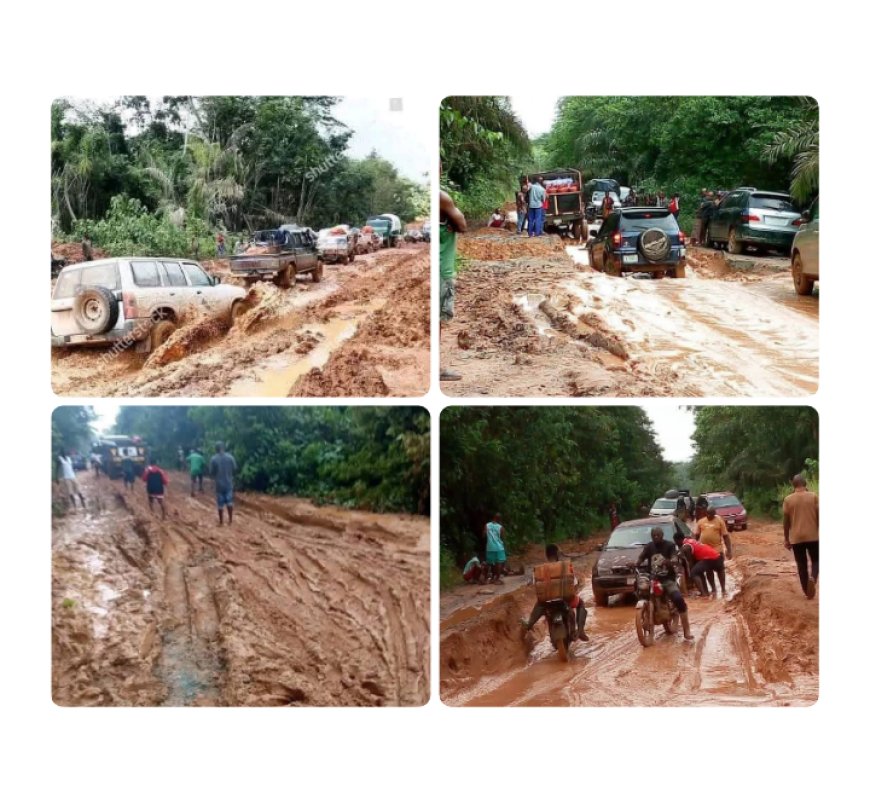
By Ekanem ASUQUO
When night falls in Buanchor, a community in the heart of Boki Local Government Area of Cross River State, darkness takes over completely. The stars above remain the only source of light; not out of choice, but out of neglect. In some parts of this richly endowed local government, children have never seen an electricity pole.
This is the tragic irony of Boki, a land of breathtaking landscapes, fertile soil, waterfalls, and industrious people, yet lagging behind in the most basic infrastructure and social amenities.
In a heartfelt Facebook post on Monday, concerned citizen Fabian Okwajie lamented the condition of his homeland, calling on Boki leaders at all levels of government to unite and change the narrative.
“The time has come for leaders from Boki who currently occupy positions of authority to sincerely recognise and address the pressing needs of our people,” Okwajie wrote. “They must unite with a shared sense of purpose to ensure that Boki receives her fair share of development at this critical juncture in our democratic journey.”
According to him, Boki, one of the largest local government areas in Cross River, remains isolated and underdeveloped despite its rich agricultural potential and resilient population. The roads are impassable, healthcare facilities nonexistent, and many communities remain cut off from electricity and potable water.
“It is disheartening that Boki stands as the only local government in Cross River State where one cannot conveniently drive to the headquarters,” Okwajie lamented. “Even more disturbing is the near absence of a functional healthcare system. Imagine the ordeal of our people who must travel four to five hours to Ikom in search of medical attention. This reality is both tragic and unacceptable in the 21st century.”
Okwajie described the deplorable condition of roads within Boki as a major obstacle to commerce and daily life. He noted that what should ordinarily be a one-hour journey from Okundi in Ogep Osokom to Wula in Buentsebe Ward now takes several hours, with travellers often forced to detour through Ogoja, Bekwarra, Obudu, and Obanliku before reaching their destinations.
“Our farmers who are the backbone of the local economy suffer devastating losses as their perishable produce often gets wasted along the treacherous routes,” he said. “I have personally experienced this hardship; my vehicle was severely damaged on a recent trip from Ikom to my village.”
The post also drew attention to the long-abandoned East–West Road, which he described as “one of the most strategic projects capable of transforming Boki.” He commended Governor Bassey Otu for expressing interest in rehabilitating the road but urged the government to move beyond promises and mobilize contractors immediately.
Beyond infrastructure, Okwajie painted a grim picture of social deprivation in Boki’s rural communities.
“Several communities in Boki have never seen an electricity pole,” he wrote. “My own community, Buanchor, among others, remains completely cut off from the national grid. Families still trek long distances to fetch water. These are basic necessities of life, and it is an indictment on successive administrations that Boki continues to be deprived of them.”
As development projects spring up in other parts of Cross River, the people of Boki watch with frustration, wondering when their turn will come. Okwajie’s appeal was therefore both a plea and a challenge to those in authority.
“I call on all Boki sons and daughters in leadership positions at the local, state, and federal levels to rise above personal interests and stand for our people,” he urged. “The same energy and commitment given to other areas must be extended to Boki. Our people deserve better.”
His post has since sparked conversations across social media platforms about the neglect of rural communities and the need for inclusive development.
“The destiny of our land lies in our collective resolve to rise and demand what rightfully belongs to us,” Okwajie concluded. “It is time for our leaders to speak with one voice and ensure that Boki does not remain forgotten.”
